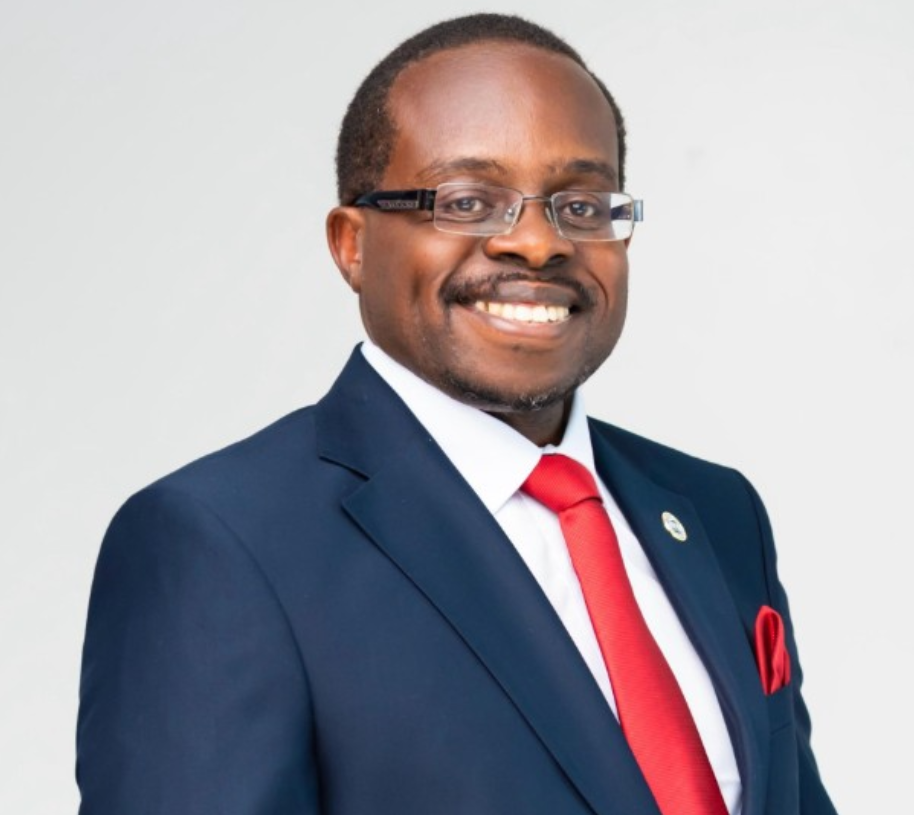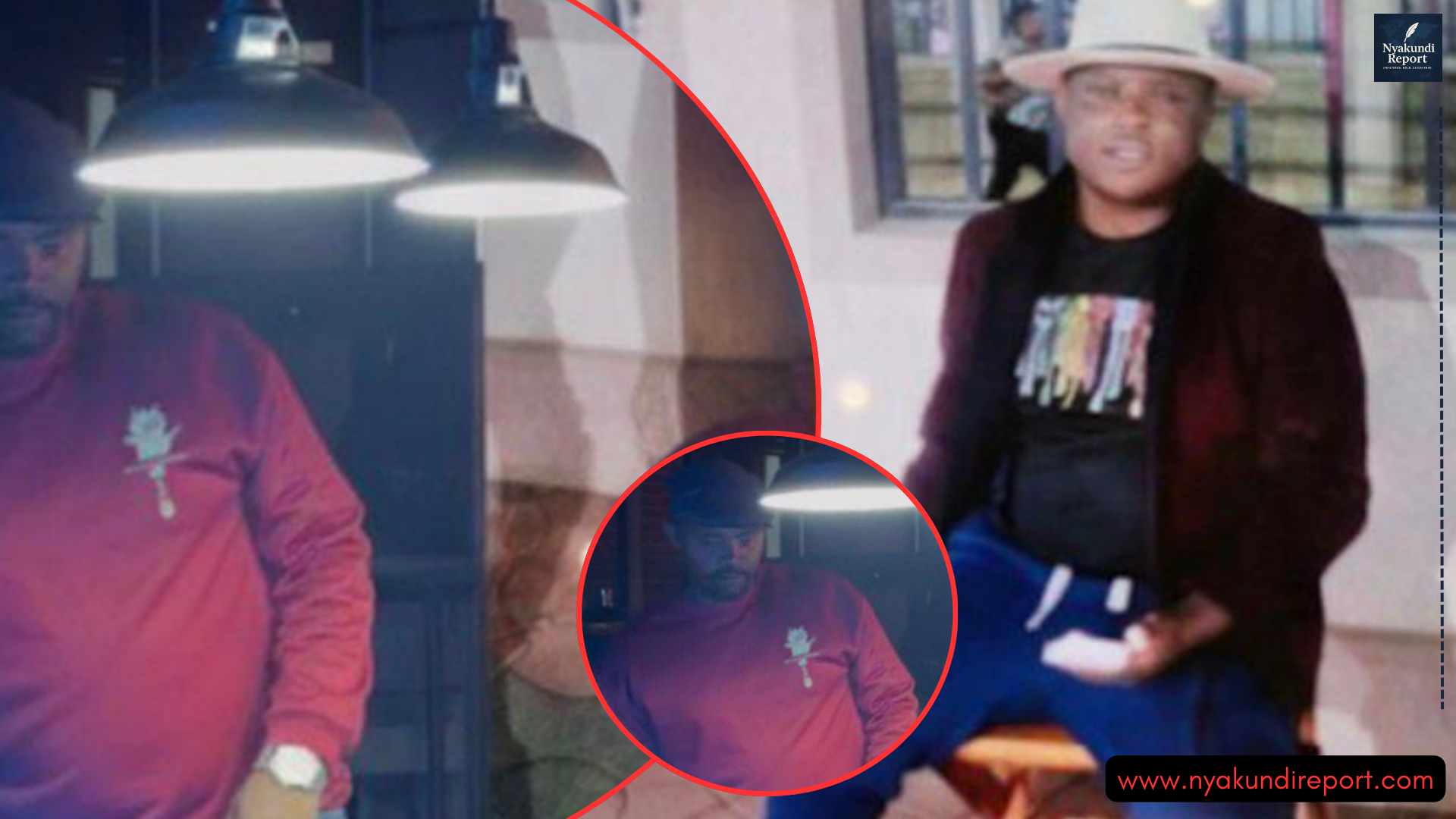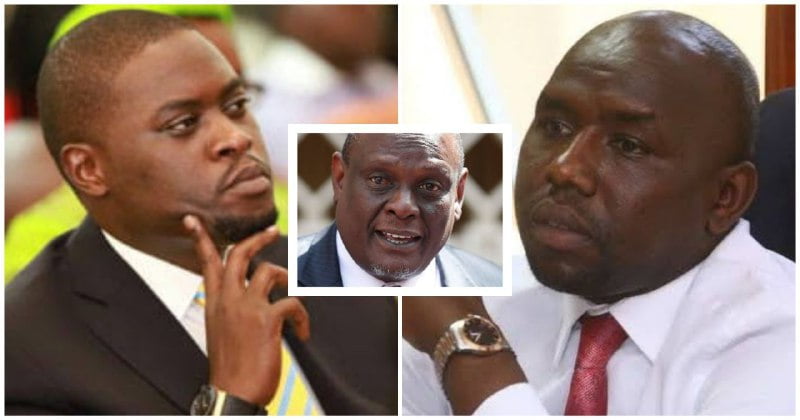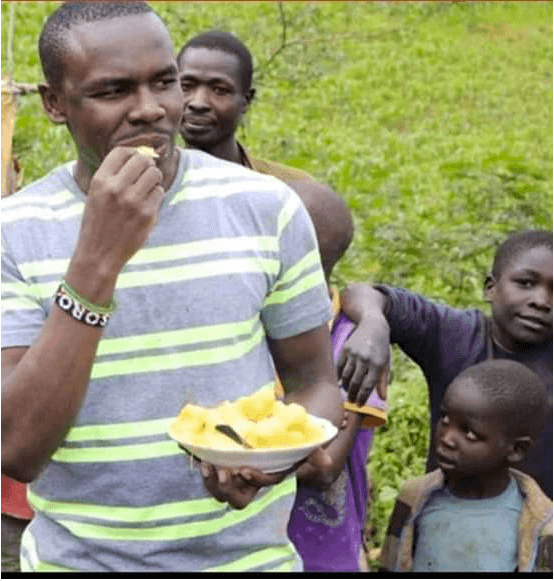A chilling phone call between Albert Ojwang and a friend has surfaced online, giving Kenyans a heartbreaking glimpse into his final hours.
The popular X influencer, who had been arrested and transported from Homa Bay to Nairobi, asked his friend just one thing: “Will I be safe in here?” That question now rings in the ears of many after Ojwang died in police custody under mysterious circumstances on Sunday, June 8.
His haunting final conversation and the events that followed have raised serious questions about police responsibility, justice, and the treatment of detainees in Kenya.
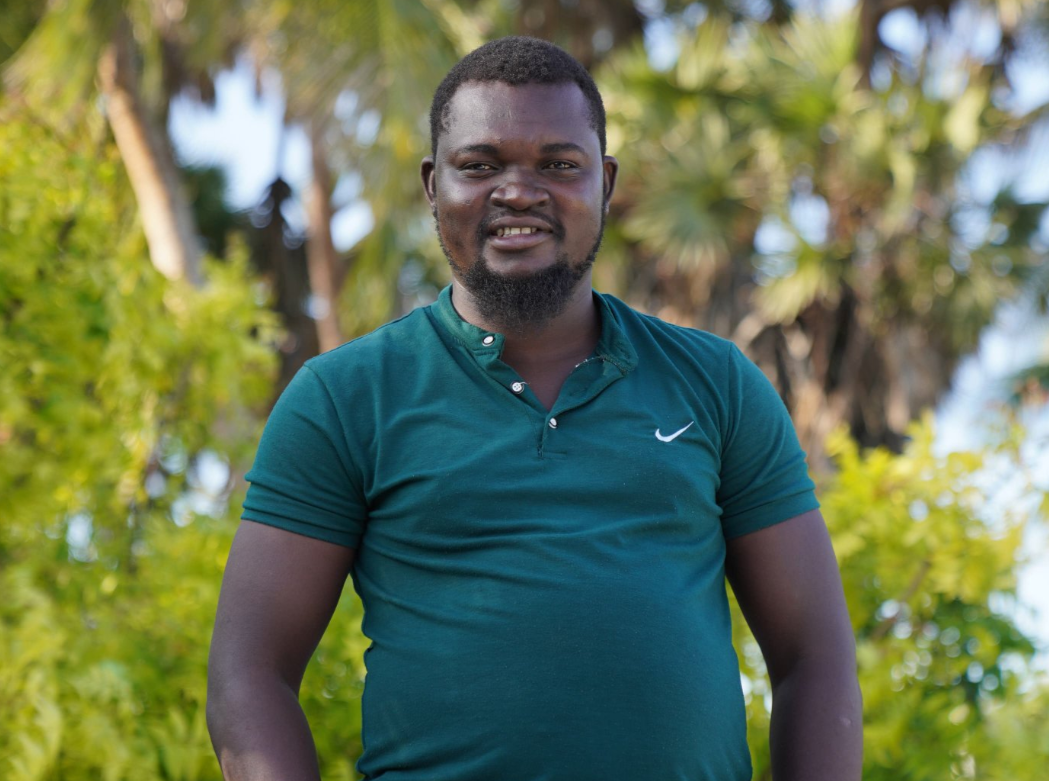
Albert Ojwang’s Death and the Phone Call That Warned of It
Albert Ojwang was calm but anxious during the phone call. He had been arrested and transferred to the Central Police Station in Nairobi, but he didn’t even know the charges against him. That uncertainty echoed in his words, “Have you ever been apprehended? … How is it? I have never experienced this before.”
His friend, whose name has not been released, reassured him. The friend admitted to having been held at Industrial Area Police Station, calling it one of the worst in Nairobi, but still tried to comfort him: “There will be challenges here and there, but things will be fine.”
But Ojwang wasn’t convinced. He asked again if it was truly safe inside a police cell. His friend’s answer was short and confident: “Yes, remand is safe.” That moment, captured in audio now widely shared, has become a symbol of the fear Ojwang felt—and the betrayal many Kenyans now feel.
Just hours later, news broke that Ojwang had died. Police claimed he had taken his own life by hitting his head on the cell wall. But that explanation immediately raised eyebrows and drew criticism.
Family and Public Demand Truth
Many Kenyans, including human rights activists and public figures, rejected the police report. They demanded transparency and accountability. The idea that Ojwang—an active, outspoken young man—suddenly chose to harm himself in a police cell felt forced and suspicious.
Ojwang’s family and supporters are calling for an independent postmortem, pointing out the pattern of unexplained deaths in police custody. They believe something more sinister occurred behind the locked doors of the station.
“Ojwang’ was scared. He said it on the phone. He was unsure. And he never got to see a lawyer or his family before he died,” one activist noted during a vigil outside the station.
Questions continue to swirl. Why was Ojwang transferred so far from Homa Bay to Nairobi and not told the charges? Why was there no video surveillance in the cell, and why was his call not taken more seriously?
These are questions that neither the police nor IPOA have answered fully. And many believe the answers are being hidden.
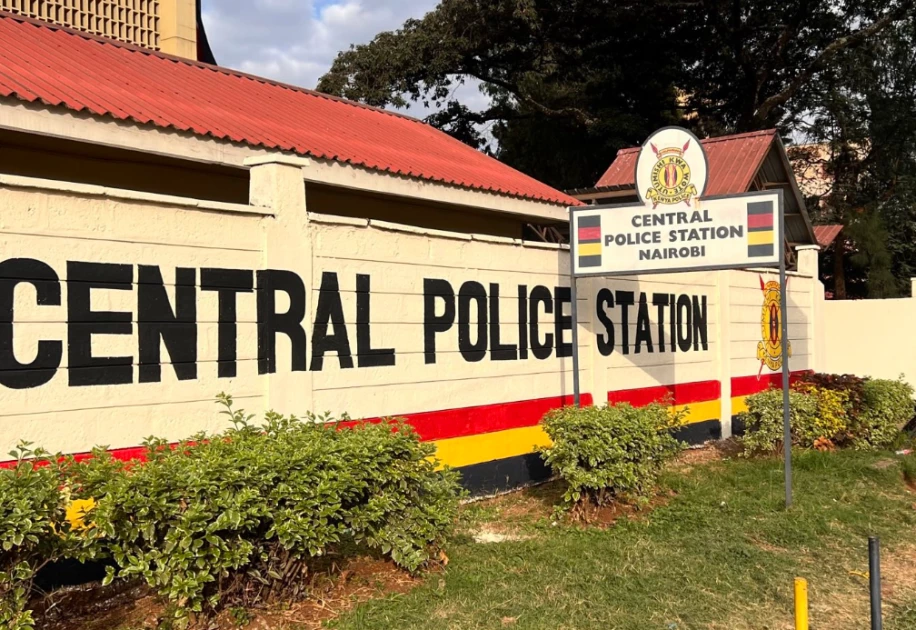
Arrests and Investigations Are Not Enough
On Monday, June 9, just hours after Ojwang’s death, Inspector General of Police Douglas Kanja ordered the arrest of the Officer Commanding Station (OCS), the duty officer, and every officer on shift at the Central Police Station that night. While this move was praised as a step forward, critics say it’s only a first step.
“We’ve seen these arrests before. But what happens next? Will there be a trial? Will anyone actually be convicted?” asked a lawyer for a local civil rights group.
The Independent Police Oversight Authority (IPOA) confirmed that they are investigating. But many Kenyans have lost faith in internal systems. They point to past cases where suspects died in police custody but no one was held responsible.
Calls are growing louder for a complete overhaul of police detention procedures and mandatory CCTV in all holding cells. A new bill requiring such measures is now being pushed in Parliament by several MPs who believe Ojwang’s case might finally be the tipping point for reform.
Albert Ojwang’s death is not just another statistic. His voice, captured in that final phone call, has become a cry for justice across the country. His story shows how fear, confusion, and silence inside the walls of a police cell can end in tragedy.
But it also shows the power of evidence and accountability. That phone call may be what brings real change.


